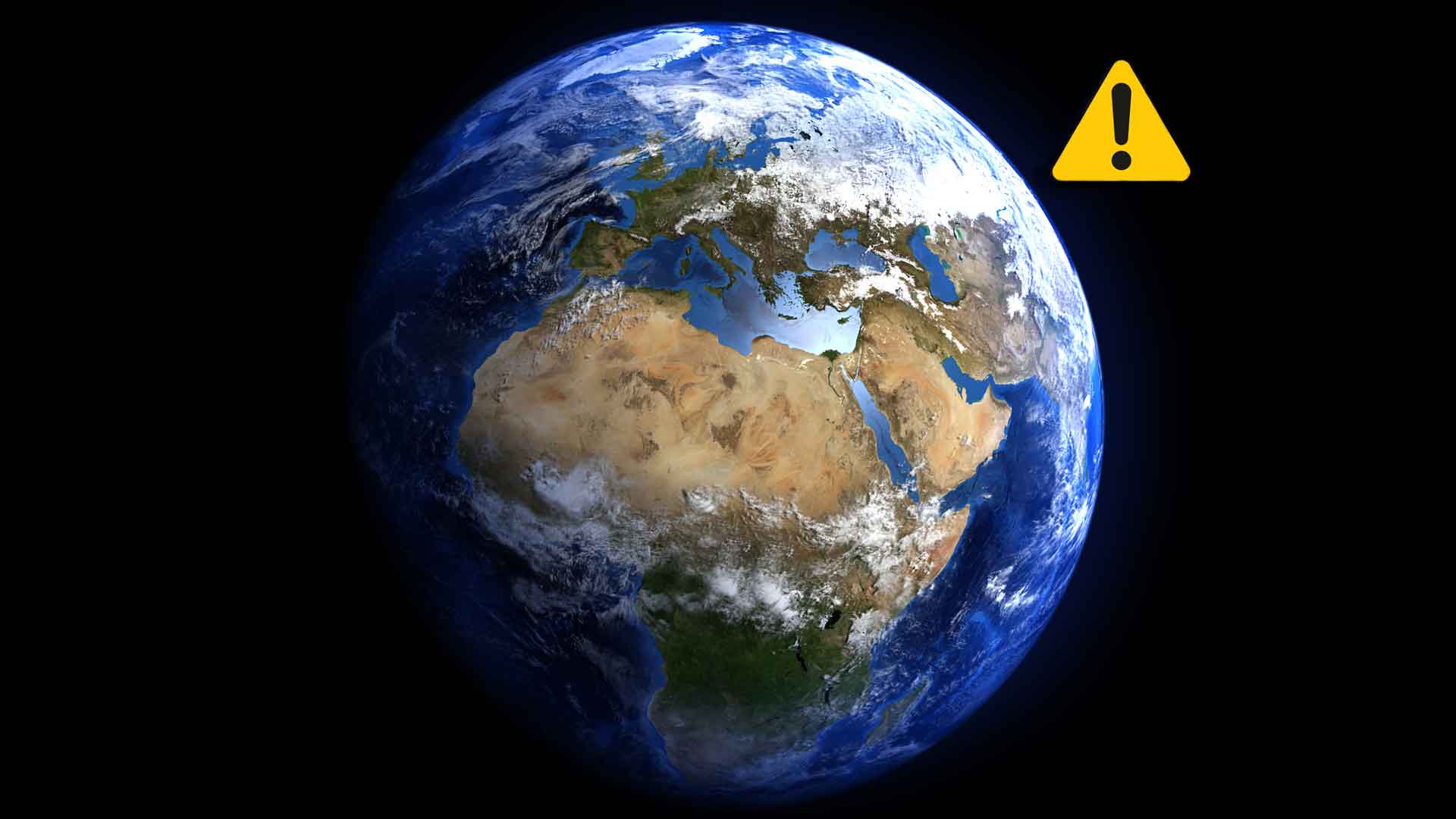If we were happy with everything we’ve got then how are advertisers and marketers going to get us to spend money? Some marketing gurus work on the principle of fear, uncertainty and doubt and instil this into their brand strategy. You make people feel anxious about something, for example for an anti-ageing cream you have to make sure people are subconsciously worried about visibly ageing. Politicians play this game as well, it’s all about fear. It’s such a strange emotion, so they’ll ramp up any fear, whether it’s about immigration or terrorism. It’s not sex that sells any more, it’s fear.
It feels a bit like we’ve been caught on the hop by the rate of change.
Everything’s changing around us, but we’re not changing. We’re essentially a Neolithic cave people who’ve had the same brains and biology for 30,000 years. Eric Schmidt, the former head of Google, said the internet is the first invention of humanity that humans don’t understand. That’s kind of scary. We have this idea of progress but it’s always technological progress. We’re not in tune with ourselves as animals with circadian rhythms. I think there’s a fundamental arrogance with humans as a species. We feel like we’re the most intelligent species on Earth because every measure tests animals on how human-like they are. If an orangutan can do a painting it’s more intelligent than a whale. But a whale is perfectly good at being a whale.
So how does social media fit into all this?
Because it’s new and only really took off in the last decade we’re only just realising the full implications. If you look at it from outer space and an alien’s perspective they’ll just be seeing this connected world of hot anger where people are sort of mirroring each other. The amount of times I’ve been arguing with someone with a flag avatar in Texas in a different political world and belief system – we’re both convinced we’re the right one and feeling stressed and angry and anxious. You sometimes don’t even have to read the words, you can almost scroll through Twitter and sense the anger or outrage. That’s one of the reasons for the title [of the book]. It’s not just that we’re all nervous, it’s that the world itself is a kind of nervous system and we’re all connected.
Do you have any thoughts on young people and social media?
Advertising helps fund Big Issue’s mission to end poverty
When we’re younger and we’re not yet fully formed in our identity we can be so bothered by other people’s opinions. The internet and the algorithms are designed for comparison, so we’re almost putting ourselves in a sort of stock market – where we’re the stock. The younger you are the unhealthier that’s got to be. The evidence is mounting that there are reasons to be cautious.
And yet you still believe in social media as a force for good.
I’m definitely not telling anyone to switch off their social media accounts. I also think there are definitely good aspects. It’s raised all sorts of social issues, Black Lives Matter, #MeToo, mental health, homelessness. It’s a great way of getting people together. I often think if I’d had it in 1999 I’d have felt less alone because I’d have discovered other people felt like I did. I’m not saying stop eating ice cream, but maybe eating ice cream for six hours on a Saturday morning is not necessarily healthy. We need to be more aware that these things do have health consequences.
And you have a large Twitter following, does that bring its own pressures?
Absolutely. It makes you more neurotic. You can have your weekend ruined quite quickly if you’ve said the wrong thing and you’re getting piled on. But it can be a joyful thing, especially with mental health stuff. It makes your job seem real because you’re actually hearing the end user say ‘this was really useful and it helped my friend stay alive’.
In Notes on a Nervous Planet you mention a visit to a homeless shelter and a man you met there.
Advertising helps fund Big Issue’s mission to end poverty
He was very good at educating me that homelessness isn’t just the absence of shelter. The ethos isn’t just to provide a bed for the night, it’s about community and it’s about concentrating. They all sit around the table and prepare the meals together. Everyone feels pride in what they’re doing and working towards something together. Often the way we work in society is very disconnected, you can’t always see the end product. This shelter really just stripped life to the basics and only had a limited amount of money, so they concentrated on what matters. They brought me in, and other writers and musicians, because they very much see stories and music as essential parts of life as well.
How can we approach these problems from the prevention perspective?
When you’re ill it’s very easy to do everything right because you’re desperate not to be ill. I find it hard when I’m feeling well to live in a way that’s going to stop me getting ill. It’s an overused word, but being mindful about how you live and how that affects your state of mind. Having anchors in life is very important, whether it’s a place you go to that makes you feel safe, or whether it’s reading a book. Make sure there’s some kind of anchor. Sleep is a massive thing – we’re encouraged not to sleep, even those of us lucky enough to have our own bed at night. The head of Netflix recently said their main competitor was sleep. So that’s what they eat into.
We can’t put the technology genie back in the bottle so how can we fight back?
Humans are an adaptive and resourceful species. As with fast food and smoking, we’re not going to get everyone to stop. It’s just about being aware. If there was a growing awareness of how many advertising messages we see a day and we were a bit more aware that it’s all just mind spam that we shouldn’t listen to, then that would be a good start.
Notes on a Nervous Planet is out now (Canongate, £12.99). Matt Haig is on tour throughout the UK in July and August
Advertising helps fund Big Issue’s mission to end poverty
Image: iStock. Composition: Dionne Kennedy










